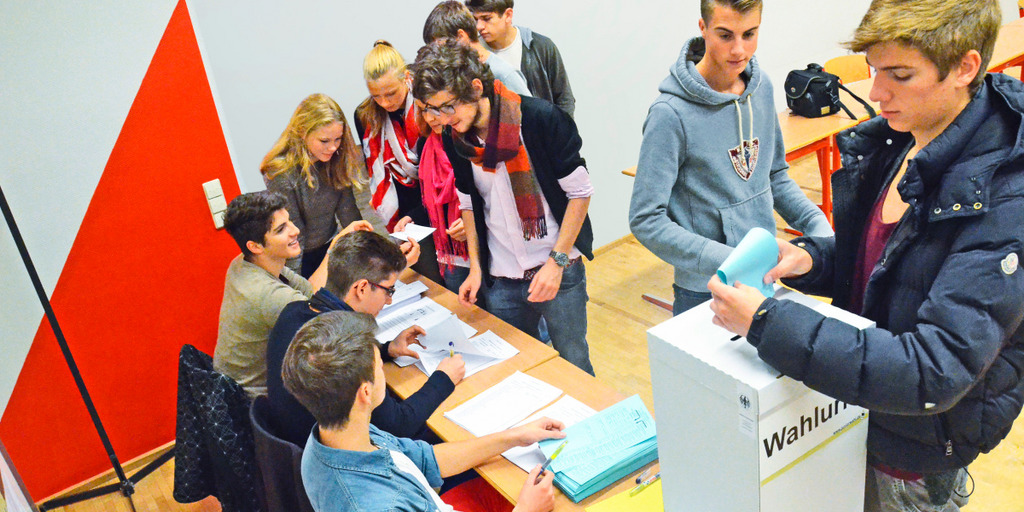The earlier and more frequently first-time and young voters cast their ballots, the higher general voter turnout will be over time. By allowing voting beginning at the age of 16, voter participation could be raised from 71.5 percent for the 2013 Bundestag elections to up to 80 percent by 2049. This is the conclusion reached by the “Wählen ab 16” (“Voting from 16”) study conducted by the Bertelsmann Stiftung. In three scenarios, it forecasts the future levels of voter turnout at the federal level – with and without 16-year-old first-time voters.
The baseline scenario calculates future voter participation based on the current voting behavior of all age groups: While young and first-time voters are on average going to the polls less often, voter turnout is almost continuously climbing as voters get older. If this age effect persists, the study forecasts that voter turnout will drop to 68 percent by the 2049 federal elections. Lowering the voting age to 16 could prevent this from happening.




